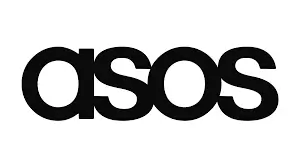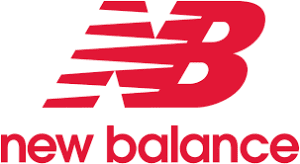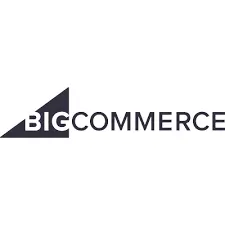Contents
Written by Gio Javarotti
For businesses looking to expand globally, Brazil presents an exciting opportunity. With a big territory, diverse culture, and growing economy, it’s an attractive market for brands seeking to make a splash. But breaking into the Brazilian market calls for more than ambition—it also calls for comprehension of the subtle cultural differences and consumer habits there. Here, localization and transcreation stop being advantageous and start to become necessary.
According to the World Bank, 80.5% of the Brazilian population uses the internet in some form, and the CIA’s latest update in its World Factbook indicates that for every 100 people, 99 own a mobile phone. This data highlights the significance of expanding internet access in Brazil. Furthermore, Brazil ranks fourth among the countries with the most internet users, following the United States, India, and China. This presents a substantial opportunity for the translation and localization market as digital engagement continues to grow in the country.
Understanding Brazil’s Unique Vibe
Understanding the cultural differences between Brazil and Western markets is essential to connecting with local customers. For instance, humor differs widely. What works in one market may come across as corny or even offensive in another, such as Brazil. Rather than attempting to force international advertising campaigns into this market, companies should take the time to learn about and appreciate Brazilian culture. This goes beyond simple translation; it also entails understanding the content, tone, and atmosphere.
Speaking the Language: Why Localization Matters
Portuguese is the official language of Brazil, but running text through machine translation won’t cut it. Brazilians expect marketing to feel personal, tapping into their local slang, and cultural references. This is where localization shines. It’s about adapting content to align with Brazil’s unique expressions, visuals, and symbols.
For instance, instead of featuring foreign celebrities, companies should consider local influencers or popular Brazilian figures who resonate with the audience. In addition, offering customer service in Portuguese and pricing products in the local currency can significantly boost trust and appeal.
The Social Media Obsession
Brazil is head over heels with social media. With more than 84% of people actively using social media platforms every day, it serves as an essential center for e-commerce, news consumption, and media sharing in addition to being a medium for communication.
Meta’s platforms—Facebook, Instagram, and WhatsApp—dominate the landscape. Known locally as “Face,” “Insta,” and “Zap,” these apps are installed on nearly every smartphone. They’re essential not only for communication but also for digital marketing and mobile commerce. That said, TikTok is rapidly gaining traction, projected to reach 173.3 million Brazilian users by 2025, making it a major player in the country’s digital future, being fueled by the huge influencer market in Brazil.

Popular Product Categories
Electronics: Brazilians have high demand for gadgets like smartphones and home appliances. Businesses like Sony, Apple, Xiaomi and Samsung may take advantage of this market by developing localized advertising strategies that appeal to this enthusiasm for technology.
Fashion: Brazil is a thriving market for both domestic and foreign fashion businesses. Gaining a competitive edge in this fashion-forward market can be achieved by brands through influencer relationships and culturally relevant marketing.
Home Goods & Beauty: Brazilians have a great taste for cosmetics and household goods. Local companies like O Boticário and Natura have prospered by customizing their business models to suit Brazilian consumers’ inclinations and desires. Global brands like Sephora have also made significant inroads by introducing sought-after international labels such as MAC and Fenty.
Building Trust Through Familiarity
In Brazil, it’s all about brand recognition. Since customers appreciate brands they are familiar with, brand awareness is very important. Gaining trust requires targeted marketing strategies and influencer partnerships, which are investments made by successful companies. Maintaining a consistent message across many channels helps to build a strong foundation in the market by reinforcing this trust.
In conclusion, Brazil is brimming with market potential, but businesses won’t succeed simply by translating their content or running generic international campaigns. Brands need localization and transcreation to make sure their communications are relevant, interesting, and culturally appropriate if they want to connect with Brazilian customers. By doing this, businesses may take advantage of all that Brazil has to offer and establish a foundation for sustained success in this fast-paced industry.
Sources: Brookings, Forbes, Santander Trade, US Department of Commerce, Statista, Brazilian Association of Foreign Trade, Europartner, HKTDC Research, CIA, World Bank.
Get A Quote
Get in touch with us today to find out how we can take your brand to the next level.













